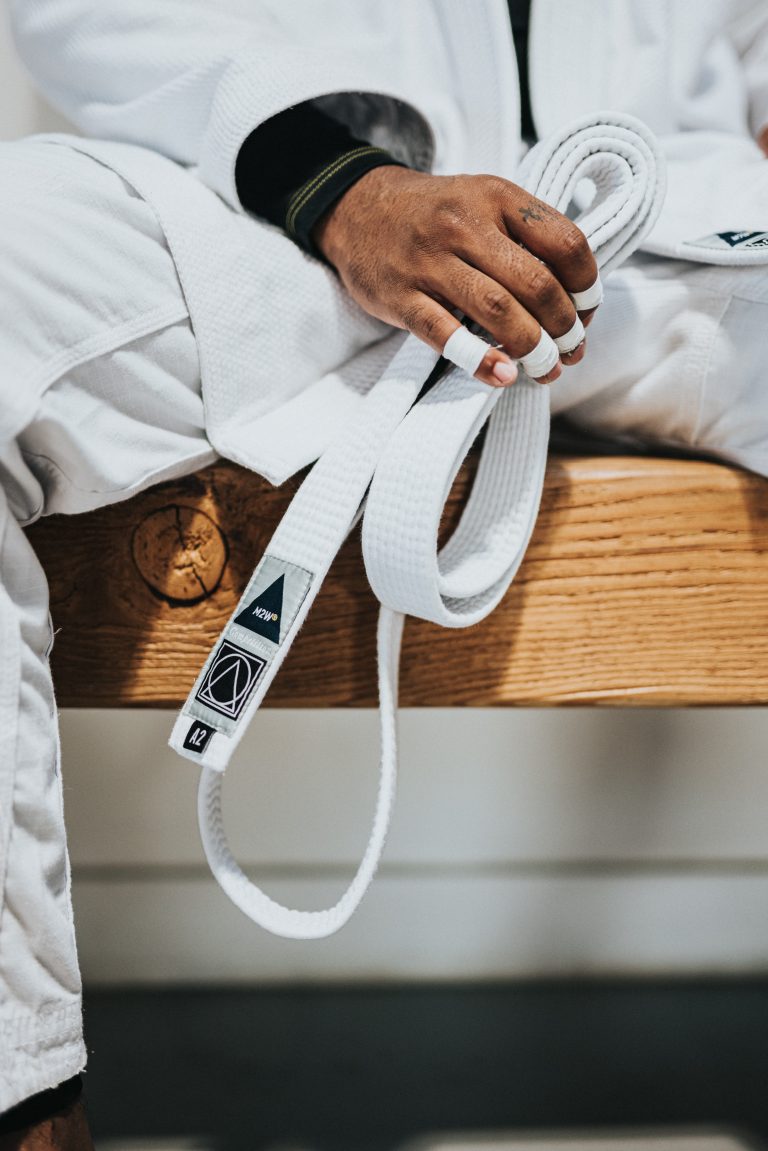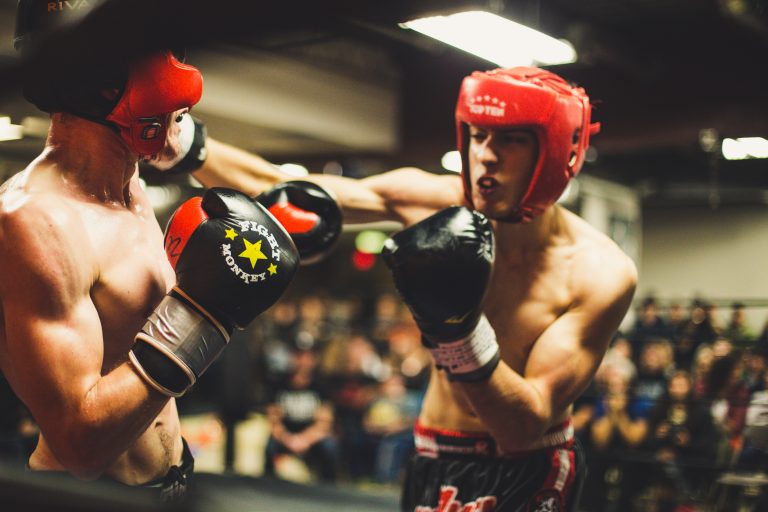Is Karate Effective?
Martial arts have been around for thousands of years, and different forms have emerged and evolved over time. Among the most well-known forms of martial arts is Karate. Karate is a Japanese martial art that is known for its striking techniques, including punches, kicks, and knee strikes. However, many people question whether or not Karate is effective in self-defense situations. In this article, we will explore the history of Karate, the techniques used in the practice, and whether or not it is effective for self-defense.
The History of Karate
Karate originated in Okinawa, Japan in the 19th century. It was developed from traditional Okinawan martial arts, which were influenced by Chinese martial arts. Karate was popularized in Japan in the 1920s and has since spread throughout the world. Karate is now recognized as an Olympic sport and is practiced by millions of people worldwide.
Techniques Used in Karate
There are various techniques used in Karate, including strikes, kicks, blocks, and throws. Strikes are used to attack the opponent’s vital points, such as the face, neck, and stomach. Kicks are used to knock down the opponent or to attack the legs. Blocks are used to defend against strikes and kicks, and throws are used to take down the opponent.
One of the foundations of Karate is the use of forms or katas. These are choreographed movements that are performed in a specific sequence. The purpose of katas is to develop muscle memory and improve technique. Kata practice helps students to refine their movements and make them more precise and efficient.
Is Karate Effective for Self-Defense?
The effectiveness of Karate for self-defense depends on various factors, including the practitioner’s skill level, physical ability, and experience in real-world scenarios. While the techniques used in Karate can be effective, it is not a guarantee that they will work in every situation. In self-defense situations, a person may face attackers armed with weapons or multiple attackers. In such situations, the effectiveness of Karate may be limited.
However, there are cases in which Karate has been effective in self-defense situations. For example, YouTube is filled with videos of Karate practitioners defending themselves against attackers. In most cases, the Karate practitioner is able to neutralize the attacker and protect themselves. However, it is important to note that these situations do not always accurately represent what happens in real-life self-defense scenarios.
Training for Self-Defense
If your goal is to learn self-defense, it is important to train realistically. Many martial arts schools focus on competition training, which may not necessarily translate to real-world self-defense scenarios. If you are interested in learning self-defense techniques, find a school that offers realistic training scenarios that will prepare you for situations that may arise in the real world.
In addition to training in self-defense techniques, it is important to train in situational awareness. Situational awareness means being aware of your surroundings and potential threats. It is a critical aspect of self-defense and can help you avoid dangerous situations altogether.
Is Karate Effective? Answering the Most Frequently Asked Questions
Karate is one of the most popular martial arts in the world. It originated in Okinawa, Japan, and has been a staple in pop culture for decades. But with its growing popularity, many questions have been raised about whether or not it’s effective. In this article, we’ll answer some of the most frequently asked questions about the effectiveness of karate.
What is Karate?
Karate is a martial art that focuses on striking techniques such as punches, kicks, and knee strikes. It also involves grappling and joint-locking techniques as well as throws. It’s a discipline that requires a lot of focus, speed, strength, and flexibility. Karate has different styles like Shotokan, Goju-Ryu, and Shito-Ryu.
Is Karate Effective for Self-Defense?
Yes, karate is a very effective form of self-defense. It teaches you how to defend yourself against attackers by using various techniques like blocking, striking, and grappling. Karate also teaches you how to maintain distance from your attacker, assess the situation, and act accordingly. However, the effectiveness of karate depends on the practitioner’s training, skill level, and situational awareness.
Can Karate be Used in Real-Life Situations?
Yes, karate can be used in real-life situations. However, it’s important to note that karate is a martial art and not a sport. In a real-life situation, there are no rules, and the goal is to protect yourself and those around you. Karate teaches its practitioners to be aware of their surroundings, anticipate danger, and act accordingly.
Is Karate Effective for Women?
Yes, karate is an effective form of self-defense for women. Women are often targeted by attackers, and knowing how to defend oneself is important. Karate teaches women how to use their body to defend themselves by using techniques like blocking, striking, and throwing. It also teaches women how to maintain control of a potentially dangerous situation.
Is Karate Effective for Children?
Yes, karate can be an effective martial art for children. It teaches children discipline, respect, and focus. It also promotes physical fitness and reduces stress. Karate also teaches children how to defend themselves and builds their confidence, which can be helpful in many aspects of their lives.
Does Karate Have Real-World Application?
Yes, karate has real-world applications. Many law enforcement agencies and military personnel use karate techniques in their training. The techniques taught in karate can be applied in life-threatening situations where there are no rules. Karate also promotes physical fitness, flexibility, and overall health.
Final Thoughts
Karate is an effective martial art that promotes physical fitness, self-discipline, and self-defense. It can be used in real-life situations by both men and women, and it’s a great form of self-defense for children. However, it’s important to note that the effectiveness of karate depends on the practitioner’s skill level and situational awareness. With proper training and practice, karate can be a valuable tool to protect oneself and those around them.
Is Karate Effective? A Comprehensive Guide
Introduction
Karate is one of the most well-known martial arts in the world, and is popular for its powerful strikes and disciplined practice. However, there is often debate about whether karate is truly effective in a real-life self-defense situation. In this guide, we will explore the origins of karate, its different styles, and examine its effectiveness as a self-defense practice.
What is Karate?
Karate originated in Okinawa, Japan in the early 20th century, and has since spread throughout the world as a popular martial art. The word „karate“ means „empty hand“ and emphasizes the practice of using only the body as a weapon, rather than relying on weapons.
Styles of Karate
There are many different styles of karate, each with its own unique techniques and philosophies. Some of the most popular styles include:
Shotokan
Shotokan is one of the most widely practiced styles of karate, and emphasizes strong stances, powerful strikes, and fluid movements.
Goju-Ryu
Goju-Ryu focuses on close-range combat, and emphasizes the use of circular movements and grappling techniques.
Wado-Ryu
Wado-Ryu incorporates elements of both karate and jiujitsu, and emphasizes the use of evasion and redirection to avoid attacks.
Is Karate Effective for Self-Defense?
One of the most common debates surrounding karate is whether it is truly effective for self-defense. While some argue that the rigid structure of karate training can limit its effectiveness in real-life situations, others argue that the discipline and focus developed through years of practice can be incredibly valuable in a self-defense situation.
Pros of Karate for Self-Defense
One of the main benefits of karate for self-defense is the emphasis on powerful strikes, which can be incredibly effective in a real-life situation. Additionally, the structured training of karate can help students develop discipline and reflexes, which can be critical in a high-stress situation.
Cons of Karate for Self-Defense
One of the main criticisms of karate for self-defense is the lack of practical application in some traditional training methods. Additionally, some argue that the focus on rigid forms and set techniques can limit a student’s ability to adapt to unexpected situations.
The Importance of Realistic Training
Regardless of its effectiveness for self-defense, one of the most important aspects of any martial art is realistic training. By practicing techniques in a dynamic and unpredictable environment, students can develop the ability to react quickly and effectively in a real-life situation.
Sparring
One of the best ways to develop these skills is through sparring, which allows students to practice techniques in a live and dynamic setting. By sparring with a partner, students can develop their reflexes, timing, and distancing, which are all critical aspects of effective self-defense.
Self-Defense Training
In addition to sparring, many martial arts schools offer self-defense classes, which focus specifically on practical techniques for defending against real-life threats. These classes may include techniques for escaping from grabs, defending against multiple attackers, and dealing with weapons.
Conclusion
So, is karate effective for self-defense? The answer is not a simple yes or no – it depends on a variety of factors, including the style of karate, the training methods used, and the individual student’s abilities. However, by focusing on realistic training, developing discipline and reflexes, and practicing practical techniques for self-defense, karate can be an effective tool for personal protection.
Inhaltsverzeichnis






